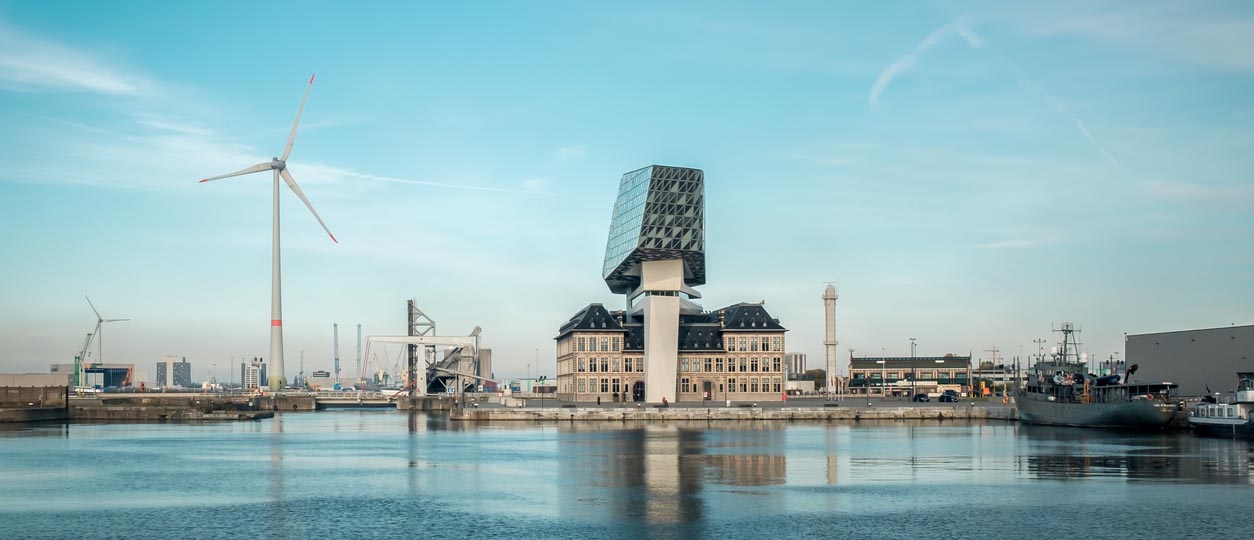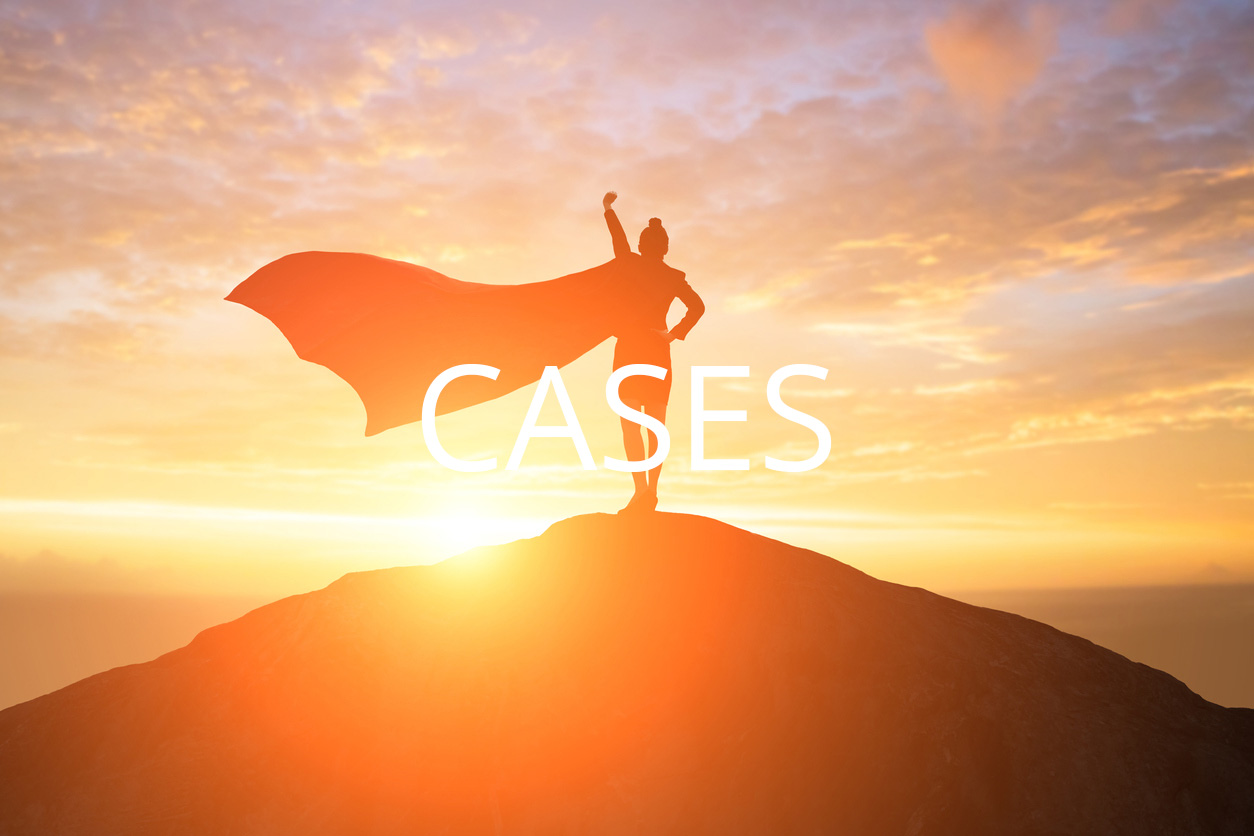Main navigation (level 2) (loaded programmatically)
Trends and evolutions - Cleantech in Flanders

Cleantech goes far beyond clean, sustainable and 'green' technology. It covers a wide range of products, services and processes each of which contributes to reducing our carbon footprint and human impact on the environment. There are also economic benefits too. As such, the economy of Flanders as a whole stands to benefit when companies include cleantech in their range and business operations. Naturally, we need to keep tabs on sectors where things are moving at a pace. So this edition of the Cleantech Report includes a status report and a summary of the current trends and evolutions in the innovative Flemish cleantech ecosystem. This chapter is dedicated to that summary.
Flanders is an attractive region thanks to the many companies active across a wide range of cleantech sectors. Foreign investment in Flemish innovations that support the climate and the energy transition rose to 1.64 billion euros in 2022, resulting in 960 extra jobs and 23 new projects. Foreign investment in 'Research & Development' (R&D) is at an all-time high, accounting for one in five projects and one in four jobs in the Flemish R&D landscape.
In 2020, the total spent on R&D was estimated at 9.6 billion euros in the Flemish Region. As in previous years, there was also an increase in the R&D spending in 2020. When combined with the lower GDP figure for 2020 due to the COVID-19 recession, this resulted in a R&D intensity of 3.6% of gross domestic product (GDP). R&D investment in the Flemish Region has been higher than the 3% GDP threshold since 2019.
Companies account for the bulk of R&D spending. This share is also steadily growing - from 67% in 2010 to 72%, accounting for 6.9 billion euros, in 2020. The companies behind this chiefly employ 250+ employees (59% of total spending in 2020) and include universities, academic research institutes and governments too.
Methodology
Cleantech in Flanders
The R&D landscape
The outlook for cleantech
Opportunities
Water
The flooding in 2021 and the long drought in the summer of 2022 remain fresh in our memory. Extremes in the climate such as heavy rainfall, flooding and drought are increasing in number and intensity. All that too is 'water'. Flanders has therefore placed water higher up its future agenda in a move towards a climate-resilient system. In addition to water purification and efficient and circular use of water, there has to be focus on system innovation and applications such as 'early warning' systems on the basis of enabling technologies such as sensors and artificial intelligence. Here is a selection of topics related to water and the climate.
Energy
The complex issue of energy is not an easy puzzle to solve. Russia's invasion of Ukraine at the beginning of 2022 made that painfully clear once more. The resulting energy crisis has exposed our vulnerability and dependence yet again. It should not be surprising then that the vast cleantech 'energy' sector is receiving a great deal of attention. Innovative solutions offer many technical, political and societal options in terms of cost, reliability and sustainability. In this next chapter, we bring together a selection of energy-related topics from expert perspectives.
Circular Economy
A circular economy respects the finite stocks of raw materials and completely reuses residual materials. Waste only exists in the sense of raw material. For example, clothing and textiles, our second skin, are given a new purpose with the greatest possible added value, and after contaminated soil has been cleaned, it no longer poses a threat to health and the environment, but becomes available again. The ‘urban mine’ - cities and villages with their houses and cars - (the third and fourth skin) - also contains an enormous stock of reusable materials. In this edition, we are focusing on the PFAS problem. Recently accrued knowledge really makes it clear how harmful PFAS is for people and the environment. The Flemish cleantech expertise in the domain of soil remediation and water purification also offers international perspectives for this transnational challenge.
Enabling technology
Technological innovation often comes about by combining existing technologies with so-called ‘enabling’ technologies. The most prominent are artificial intelligence (AI) and machine learning. But sensors, drones, advanced materials, 3D printing, blockchain, robotics, digitalisation and digital twins also stimulate and facilitate new applications in various technological sectors. Whether it is in energy, circular economy or mobility, the potential of AI in cleantech is enormous. As can be read in the ‘Bloomberg NEF New Energy Outlook 2021’: ‘Using AI in the transition to clean energy can save 1.3 trillion dollars in thirty years’. We illustrate this importance here through some examples from the Flemish cleantech ecosystem and the views of experts.







